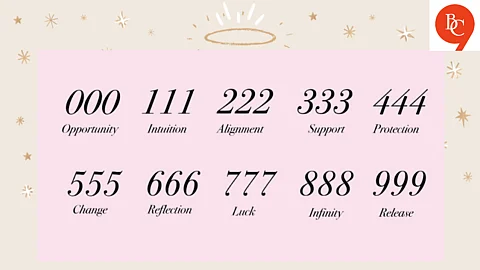

This isn't your grandmother's version of faith. It's less about religion and more about resonance—a search for something deeper, gentler, and more aligned with inner peace.
So, why are 20-somethings who grew up on Google and skepticism suddenly pulling tarot cards and tracking Mercury retrograde?
Let’s explore.
The Rise of “Soft” Spirituality
Whether it’s spotting 11:11 on the clock and making a wish, checking your sun-moon-rising signs before a first date, or using crystals to “cleanse energy,” there’s a clear trend: spirituality is being reimagined.
This softer, more intuitive form of belief system often includes:
Astrology (birth charts, horoscopes, synastry)
Angel numbers (like 111, 444, 222 as cosmic signals)
Manifestation and the Law of Attraction
Tarot and oracle readings
Energy cleansing (crystals, sage, palo santo)
Sound healing and moon rituals
And no, it’s not just a phase. It’s a lifestyle.
It’s Not a Coincidence—It’s TikTok
Platforms like TikTok and Instagram have played a major role in popularising this shift. Aesthetic tarot reels, zodiac memes, and angel number breakdowns go viral every day. Suddenly, complex spiritual systems feel accessible—and even cool.
Why This Generation Is Turning Inward
Here’s why young Indians are ditching dogma but embracing divinity:
1. Emotional Exhaustion
From pandemic burnout to climate anxiety to unstable jobs and relationships, Gen Z and millennials are overwhelmed. Traditional answers don’t always work. Spirituality feels like a customisable coping mechanism—something they can shape on their own terms.
2. Disillusionment with Institutions
Many young people feel disconnected from formal religion, politics, or systems that once provided stability. In contrast, astrology or spiritual practices offer a sense of personal control and understanding—without judgement.
3. A Need for Meaning in a Hyperlogical World
We live in an age of data, deadlines, and screens. Soft spirituality offers something rare: intuition, symbolism, and sacred slowness. For many, it’s not about “believing in magic,” but finding language for emotions and experiences that feel otherwise indescribable.
4. Digital Belief Systems
With access to YouTube meditations, astrology apps like Co-Star and The Pattern, or Reddit forums discussing twin flames, belief has gone digital. Young people are learning and sharing spiritual tools online—creating communities that feel safe, healing, and non-hierarchical.
Angel Numbers and the Power of Signs
One of the biggest fascinations lately? Angel numbers.
Sequences like:
111 (new beginnings)
222 (balance and trust)
444 (protection and support)
555 (change is coming)
…are believed to be divine messages from the universe or spirit guides.
Is It Spirituality or Escapism?
That’s the big debate.
Critics argue that this new-age spiritualism is cherry-picked, aestheticised, and often divorced from its cultural roots. Others worry it can become a substitute for therapy or personal accountability.
But many practitioners see it as complementary, not contradictory.
In a time where everything feels fast, hard, and transactional, soft spirituality offers something different: meaning, rhythm, and reconnection.
